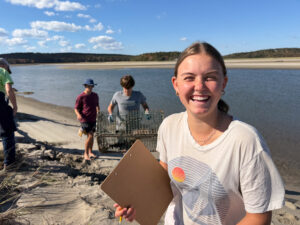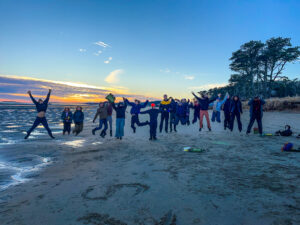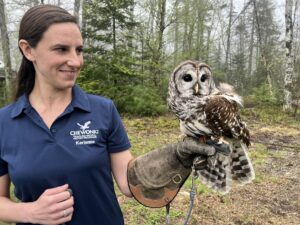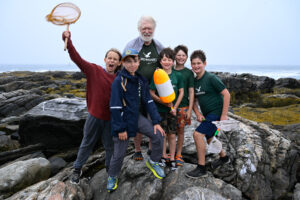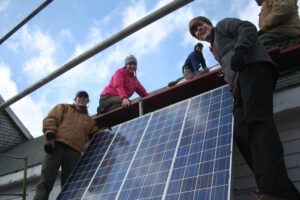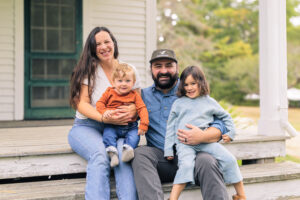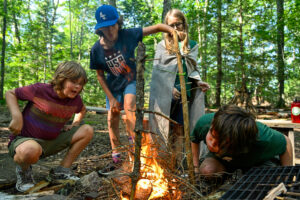“Cotty Saltonstall had the best line-up of activities organized for us that included GaGa Ball in the lodge, big time baseball games with batting stats, and capture the beanbag games around the rocks of Blueberry Hill. But my favorite memory of Cotty is on Sunday evenings when we would hike out to the Point, and Cotty would read to us. A lot of boys our age had short attention spans, but Cotty would read stories about friendship and good character that we could tell we should listen to. He would help us reflect on the Sunday lessons throughout the week. We would run around camp in our activities, and be influenced by those Sunday lessons to be mentally tougher, more helpful, more forgiving, and better friends.”
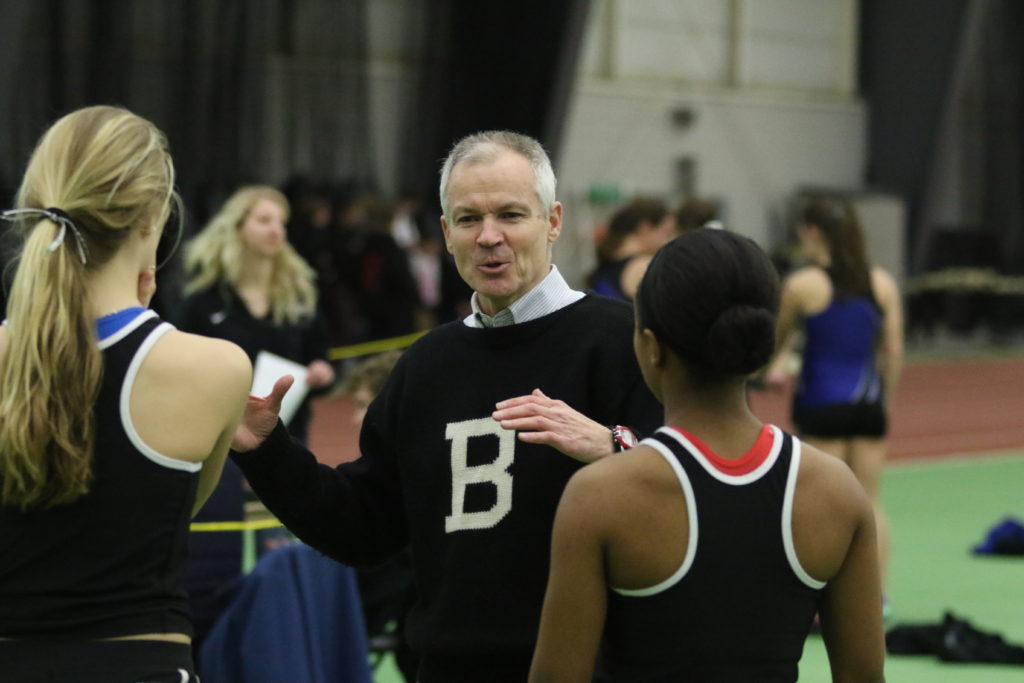
We’re sharing “Spark Stories” this month — short anecdotes about important Chewonki mentors and the lessons they imparted — and we couldn’t be more pleased to share these inspiring memories of Endicott “Cotty” Saltonstall from Peter Slovenski.
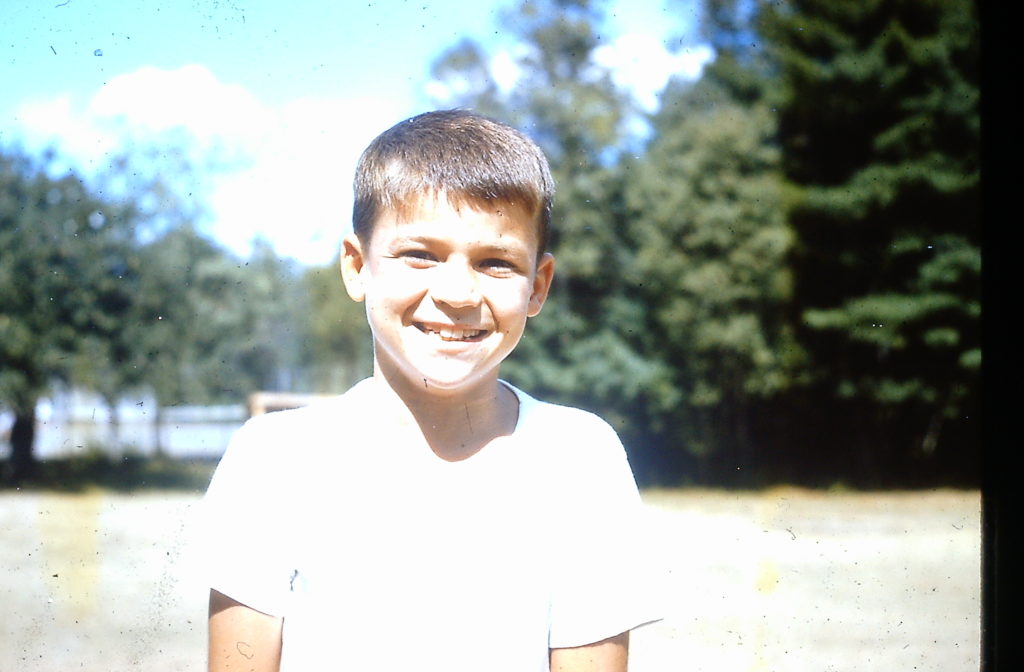
Saltonstall held the revered position of “Papa Woodchuck” at Camp Chewonki for Boys in the 1950s and 60s, meaning he was the lead counselor for our youngest campers aged seven, eight, and nine. During his tenure, he inspired dozens of children to develop a deep appreciation for the natural world, and Slovenski took to the camp experience like a fish to water. Within a few years he became Papa Woodchuck himself. More than that, Saltonstall inspired Slovenski to pursue a career in education –he coached track and field at Bowdoin College for 30+ years and later founded Slovenski Camp in Raymond, ME.
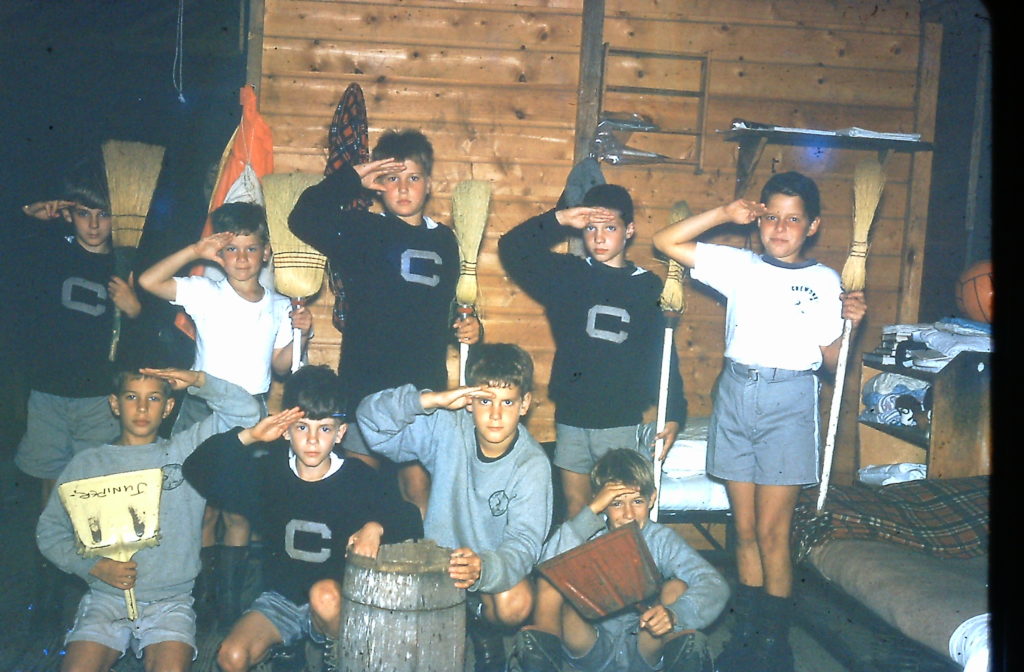
“During my 40 years of working in education and 40 summers of working at summer camps, Cotty was the best educational leader I ever saw. He brought an amazing combination of adventure, history, enthusiasm, humor, and high standards to the Woodchuck program. He was an inspiring role model for anyone going into education,” writes Slovenski.
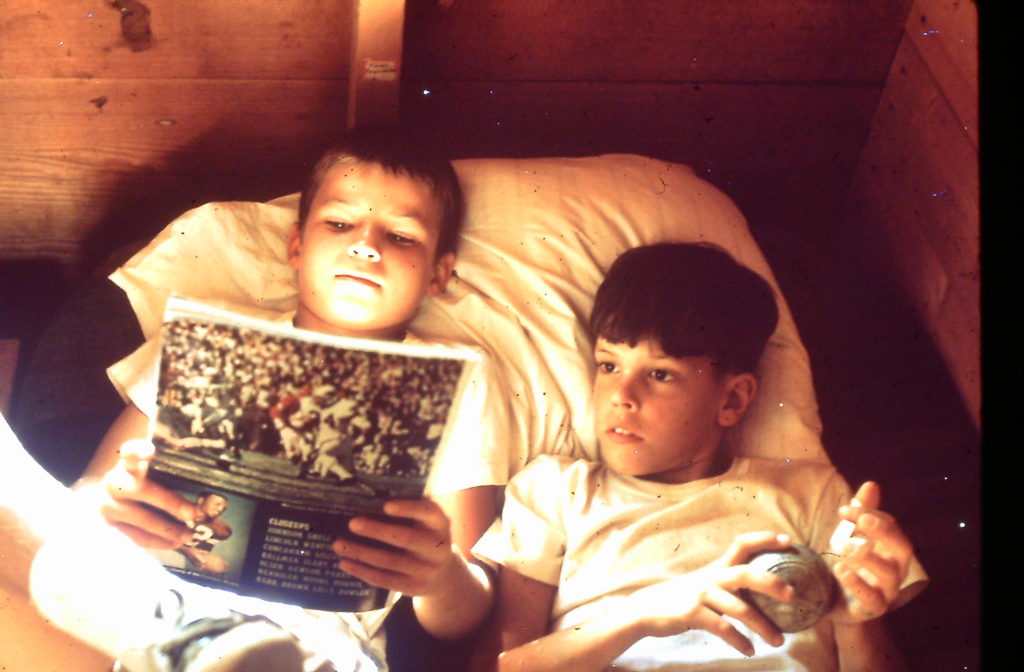
Saltonstall says he cherished his role as Papa Woodchuck. “I was in the role for 3-4 years and I loved it. Our aim at the time was to give the kids the time of their lives and also to impart values that would serve them well later,” he says. “We helped [the campers] take a few steps on the path to becoming young adults,” Saltonstall continues, “and we took care of the tender side, too,” by providing comfort when campers felt homesick, scraped their knees, or were in the mood for a silly story or song.
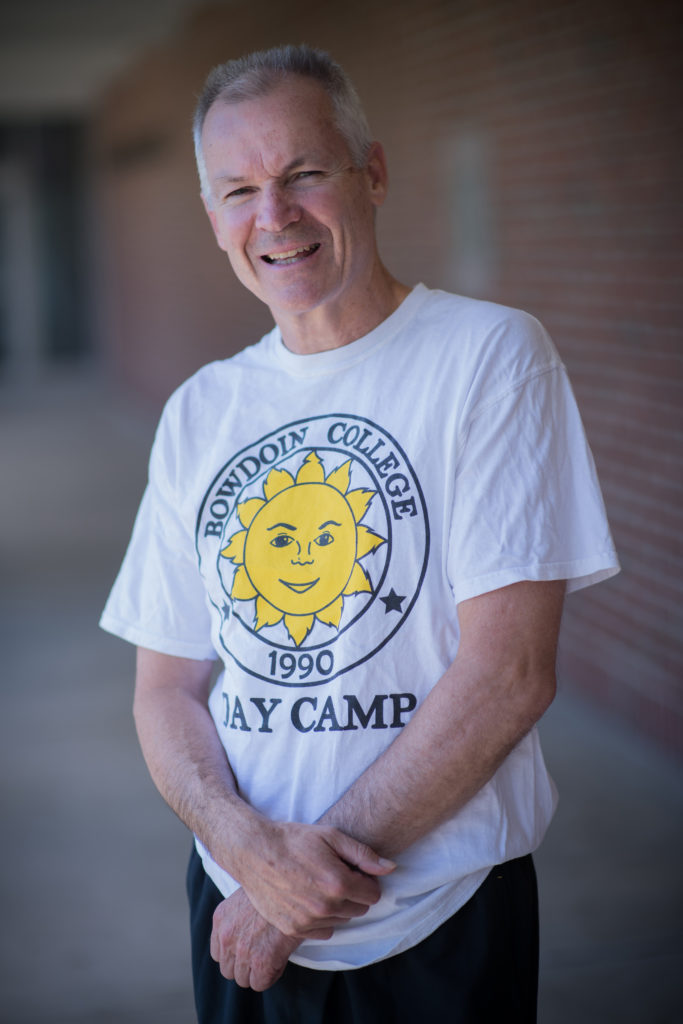
Slovenski says that his family camp is “the same kind of experience I remember from Camp Chewonki,” he writes. “We make sacrifices for the good of the campers, and then we gradually help the campers learn to start sacrificing for others as well.”
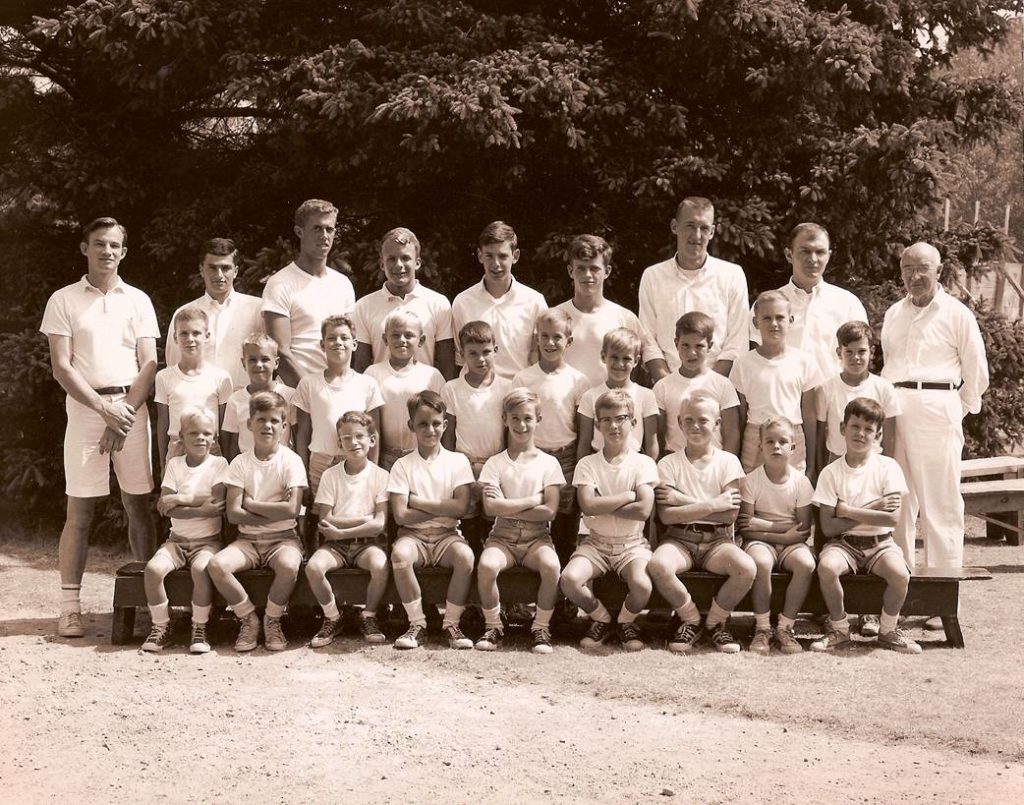
We would be remiss to not mention one of the most important lessons Slovenski says he learned from Saltonstall: good sportsmanship. “The best epigram I learned from Cotty at Chewonki was that it’s not whether you win or lose, but how you play the game. [As Bowdoin’s track and field coach], I’m most proud of the way Bowdoin athletes played the game,” he writes.
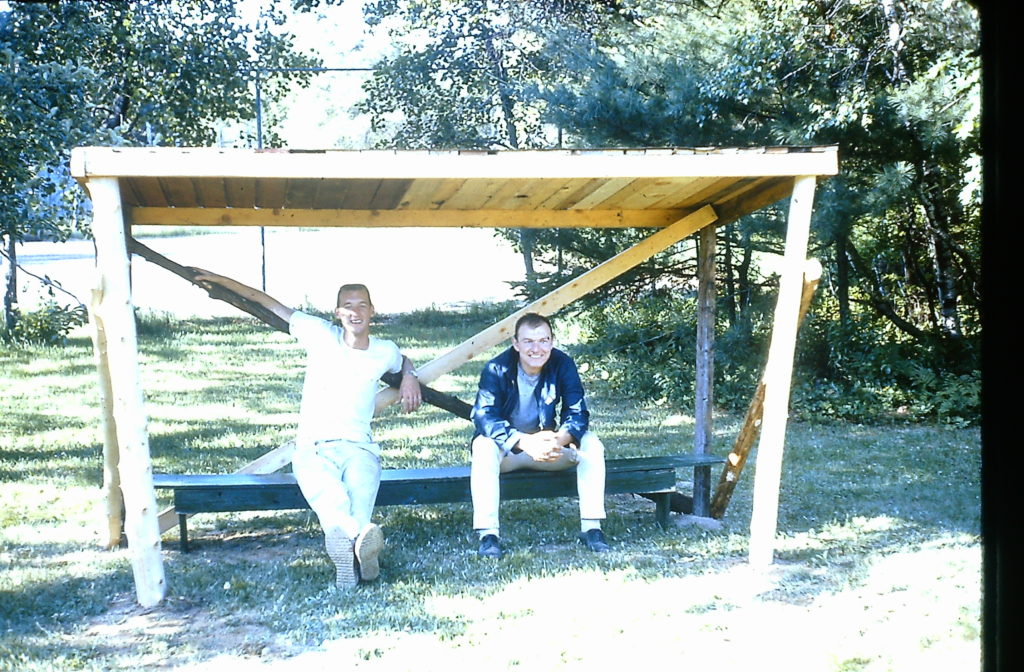
We want to offer Peter a huge thank you for sharing his “Spark Story” with us, and we hope that reading this blog will inspire you to check out our 360 Full Circle Challenge, a matching gift opportunity to continue the grand tradition of sharing with those who come next. Please help us achieve this amazing goal by making a contribution to the Chewonki Annual Fund before December 31st!
